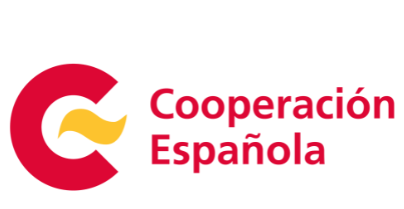At the 2023 Financing for Development Forum on 20 April, H.E. Mr. Luis Madera Sued, Vice-minister of Planning and Public Investment of Dominican Republic delivered a speech during the Roundtable: Integrated National Financing Frameworks – national actions to raise financing for the SDGs.
Dominican Republic is just embarking on developing an INFF. In his speech, H.E. Mr. Sued shares the gaps identified in national planning and financing processes, the country’s goal for its INFF and the support the country expects from the international community in the designing and implementation of the INFF.
He underscores the Dominican Republic, as an island developing state facing climate change and fiscal pressures, seeks more efficient public investment and expenditure. The INFF is seen as a tool to improve the relationship between strategy and financing, fostering dialogue between the Ministry of Economy and Finance.
Three key goals of the Dominican Republic's INFF include: 1) creating a long-term planning and budget negotiation instrument, 2) establishing a national team to think structurally about financing public policies and building capacity, and 3) strengthening institutions to better handle development tasks.
The full transcript of the speech is attached below.
Thank you very much, Madam Moderator. On behalf of the Dominican Republic, we are grateful for the opportunity of sharing with you some ideas on this important idea of INFF. We initially congratulate the fact of this matter being on the agenda. Financing should be more strategic now that the international arena is more complicated, given the crises.
Our country is particularly, first of all, we are an island developing state. We need to face climate change, and this has become our first threat to development. At the same time, we have just started being a middle income country, and all of this, we are a country which has 14% of fiscal pressure. In this combination of things, we need to be more efficient with public investment and expenditure.
Given these thoughts, the Dominican Republic looks for tools to be more efficient in public expenditure, and that is why we have joined the effort of INFF.
I do not come from the Ministry of Finance, which regularly defines financing strategy. I represent the Ministry of Economic Planning and Development to define these strategic development priorities.
It is important to deliver this first message. We were not convinced to do this by a UN agency. We saw it as a tool to improve the relationship between strategy and financing, between the Ministry of Economy and Finance. That is our initial problem and our main motivation to establish a fluid dialogue between those of us who think of development and those who work to finance it.
This being said, the most important thing and what we must think of is that this must be flexible and must be adapted to the needs of each country. In this regard, we wish to thank the United Nations for its coordination in the Dominican Republic, DESA and ECLAC, who have joined us in this effort and who are supporting us, each within their capacities, to build this document which should be a tool to help us in three ways.
Number one, an instrument of negotiation for planning and budget long term.
(Number two,) The most important thing is to establish a national team which will think structurally on how to finance public policies we designed to build capacity and institutions.
And number three, after the first two points, to strengthen institutions since the Ministry of Economics takes on this task within our institutional legal framework, something we have not always been able to do.
This will be an effort whose main guide will be the national development priorities which are clear to us, as well as the cost estimates. All of this is subject to the fiscal constraints of the Dominican Republic and its financing possibilities.
In this environment, we hope to have the technical capacities of the above mentioned agencies and their capacity to help us build national capacities so as a country, we can decide what is best for us for our development and national conditions. In some, we need a flexible tool to establish a permanent and virtuous dialogue between economy and finance and to improve the quality of our public expenditures and financing.
Thank you, Madam.




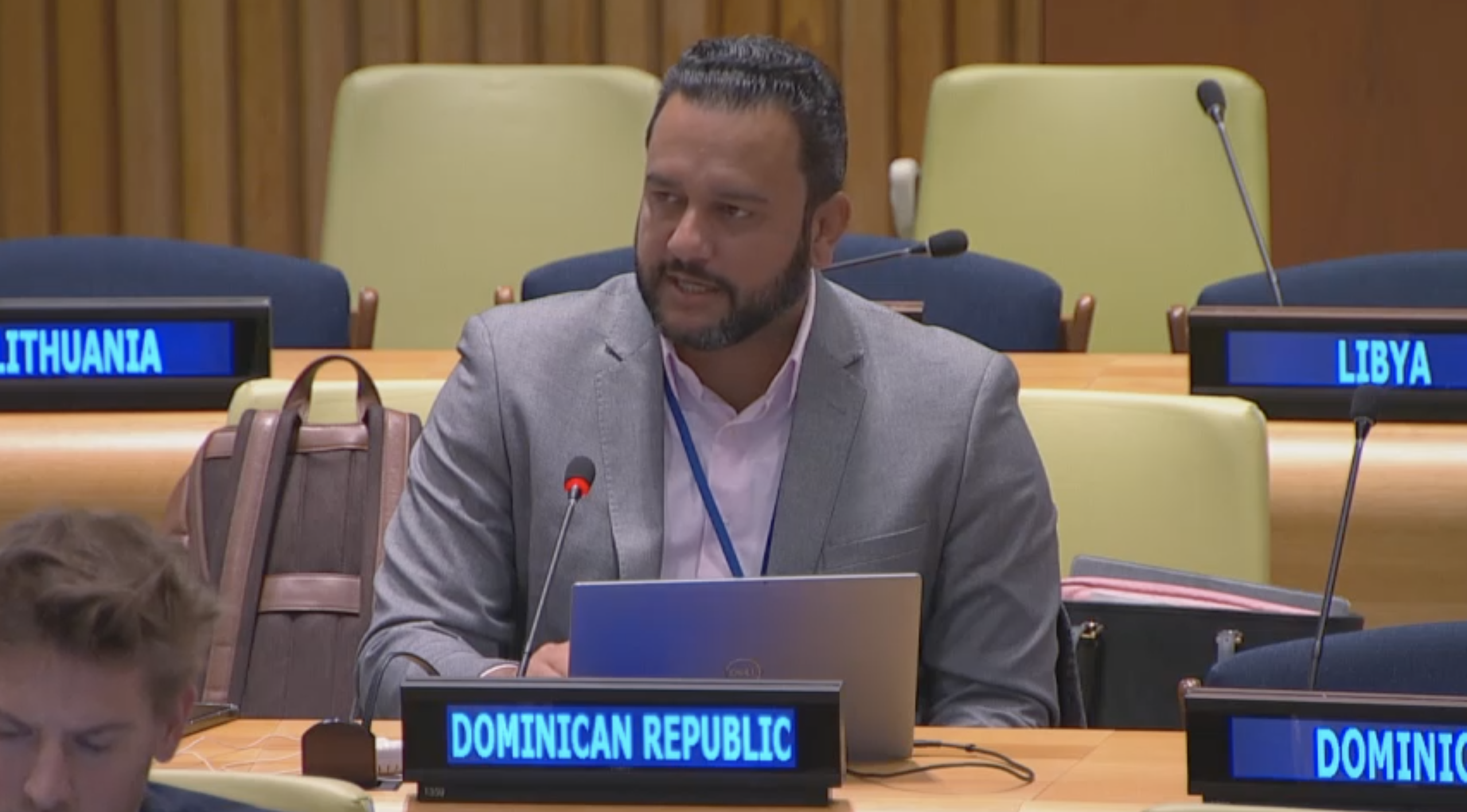



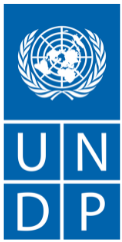

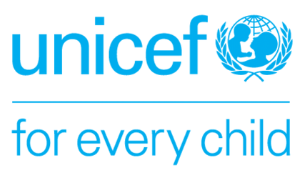

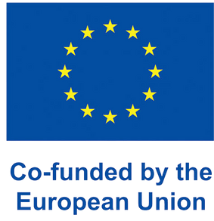
.png)

